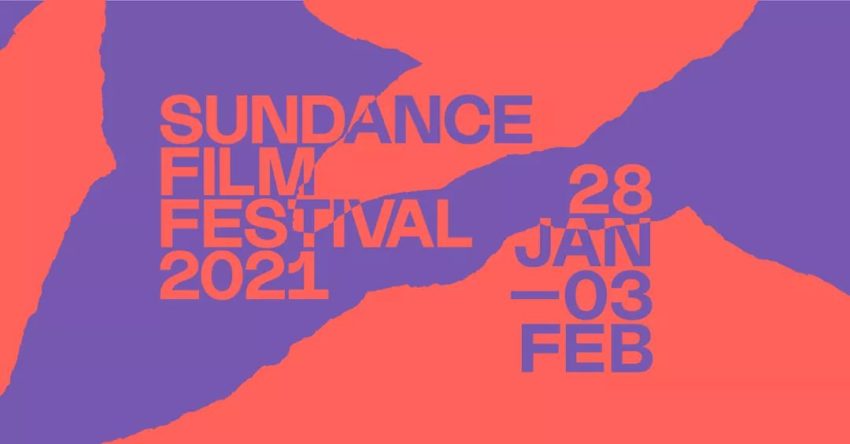
Day 2: January 29, 2021
Welcome back! I had a successful first full day of screenings; I enjoyed three out of the four films I watched, which is a pretty good average.
In the morning, I watched President (World Documentary Competition), Camilla Nielsson’s documentary about the 2018 presidential election in Zimbabwe. Nielsson follows Nelson Chamisa, the candidate of the Movement for Democratic Change party, and his campaign staff as he runs to unseat the candidate of the ruling party (ZANU-PF). Although Zimbabwe’s democratic constitution provides for free and fair democratic elections every five years, in practice, the military leaders of ZANU-PF have refused to concede control of the government and run truly transparent elections. This urgent film highlights the MDC’s tremendous uphill battle to hold ZANU-PF accountable to the will of the people. Chamisa and his staff refuse to succumb to a feeling of futility as they fight against a truly corrupt system, holding fast to the promise of democracy and risking their lives to do so. This film isn’t uplifting (ZANU-PF still rules in Zimbabwe), but Nielsson’s film provides an intimate look into an important struggle.
For my afternoon screening, I checked out the animated head trip Cryptozoo (NEXT), written and directed by Dash Shaw, with animation by Jane Samborski. Cryptozoo tells a globe-trotting action-adventure story about a woman who rescues and shelters cryptids, giving them a home at the Cryptozoo and ostensibly providing them with a better life. (All of the cryptids depicted in the film derive from different global folklore traditions, and the creature design here is top notch.) The film, which is set in the 1960s with an aesthetic to match, explores the allure of counter-culture idealism and dreams of utopia; but the film’s thesis might best be summed up when, early in the film, a character says under her breath, “Utopias never work out.” I don’t think this movie would succeed at all without the vibrant, creative, and psychedelic animation (the plot follows a familiar arc); however, I don’t necessarily see this as a flaw, since the art should be integral to the success of an animated film. I really took to the film on first viewing.
My third film of the day, Brazilian drama The Pink Cloud (World Dramatic Competition), was my least favorite. Written and shot entirely before the COVID-19 pandemic, writer/director Iuli Gerbase’s film imagines a scenario in which the appearance of a toxic pink cloud forces everyone into an indefinite quarantine. Ten seconds of exposure to the cloud results in instant death, so everyone must stay inside, trapped wherever they happened to be when the cloud showed up. The movie follows the relationship of a man and a woman who are forced to live together; they were having a one-night stand when the cloud descended and confined them in the same house. The film felt like a thought experiment more than anything else, and very little about the movie struck an emotionally resonant chord. Gerbases’s script hints at other (more interesting, absurd, tragic, horrifying) things happening in different corners of the world she’s created, and I kept wishing that she had given more room to these stories. Lead actors Renata de Lélis and Eduardo Mendonça carry the film well, but the whole thing didn’t add up to much for me.
I closed out the day with Rebel Hearts (U.S. Documentary Competition), Pedro Kos’s documentary about the sisters of the Immaculate Heart of Mary and their experiments in the 1960s as they sought to modernize their religious order. These women made headlines as they clashed with the archbishop of Los Angeles, becoming a flashpoint in the larger conversation about how the Roman Catholic Church should operate in the twentieth century. These women were feminists, activists for social justice, and artists; they wanted to be engaged with the world in a way that nuns had previously been forbidden from doing. Kos’s documentary combines interviews, archival footage, and animation to create a warm tribute to the revolutionary women of IHM. This inspiring, moving film tells the historical story in a crisp, engaging manner and links the social justice movements of the ‘60s to the social justice work going on today.
As of publishing this post, tickets are still available for the on-demand second screenings of President, Cryptozoo, and Rebel Hearts on January 31, 2021. Like I said in my intro post, if you have an internet connection and $15, you, too, can get in on the festival action!